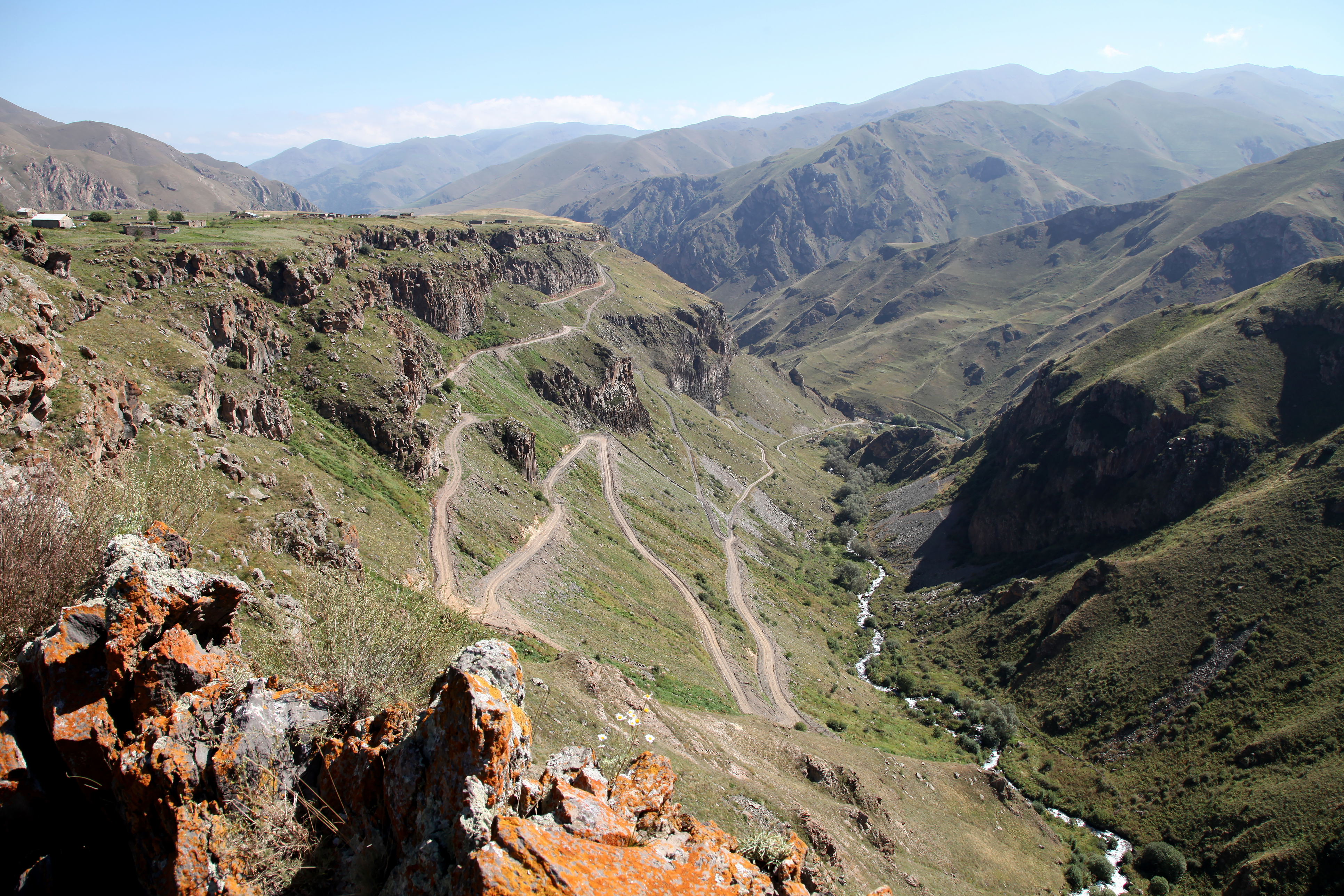
Azerbaijan laid out an ambitious plan to rebuild the war-torn region of Karabakh. The reconstruction process immediately started after the 44-day war back at the end of 2020. In addition to a large number of infrastructure investments, Baku has made the green rebuilding of the region one of its main objectives taking advantage of the vast alternative energy sources that Karabakh has to offer.
In the past months, there have been enormous efforts to boost energy production in the area for the upcoming years. For example, in February 2021, just three months after the ceasefire agreement was reached, a medium-sized hydropower plant was reopened in the Lachin region. This was followed by the reopening of two medium-sized plants in the Terter region, while another two are being constructed on the Araz River in cooperation with Iran. The power plants are now expected to start producing energy in 2024: output will be shared equally between Tehran and Baku.
Besides the hydropower plants, Baku is also planning to build wind and solar energy facilities. The government announced in September 2021 that the whole region will be transformed into a “green energy zone”. According to Azerbaijani Energy Minister Parviz Shahbazov, electricity in the Karabakh region will be produced entirely through green energy sources.

Moreover, Baku has promised to fill the region with settlements which the government calls “smart villages”. According to the Ministry of Agriculture, these smart villages would be implemented using green and alternative energy and a smart management system. Besides that, the villages will be playing an important role in the resettlement of the tens of thousands of internally displaced Azerbaijani. The first smart village, Aghali inaugurated in May 2022, where 41 families – around 200 people – have been resettled in the first instance.
However, the successful green reconstruction of the Karabakh region is important not only for Baku but also for the European Union. Since the start of the Ukrainian war, EU Member States have been doing their utmost to reduce their dependence on Russian energy sources. In this respect, Azerbaijan has emerged as a key state. In July 2022, European Commission President Ursula von der Leyen signed an agreement with Azerbaijan to double imports of Azeri natural gas to at least 20 billion cubic metres a year by 2027. Moreover, two member states – Hungary and Romania – reached an agreement with Georgia and Azerbaijan on the construction of an electric cable running under the Black Sea to carry green Azeri energy to Europe.
In this respect, the green reconstruction of the Karabakh region is extremely important. “The more energy we can produce from renewable sources, the more gas and oil we can export to European countries,” said Araz Imanov, a special representative of the Azerbaijani President for the Karabakh region. Therefore it’s not a surprise that the EU as a whole – and some Member States separately – support the reconstruction process. Although there is still much to do – for example, demining the region, which is an incredibly difficult task –it is already clear that Azerbaijan is becoming an increasingly important country for the EU’s energy security.
The author is an editor at Eurasia Magazine